How to Choose the Right Field and College: A Practical, No-Confusion Guide By Dr. Prof. Anurag Mishra
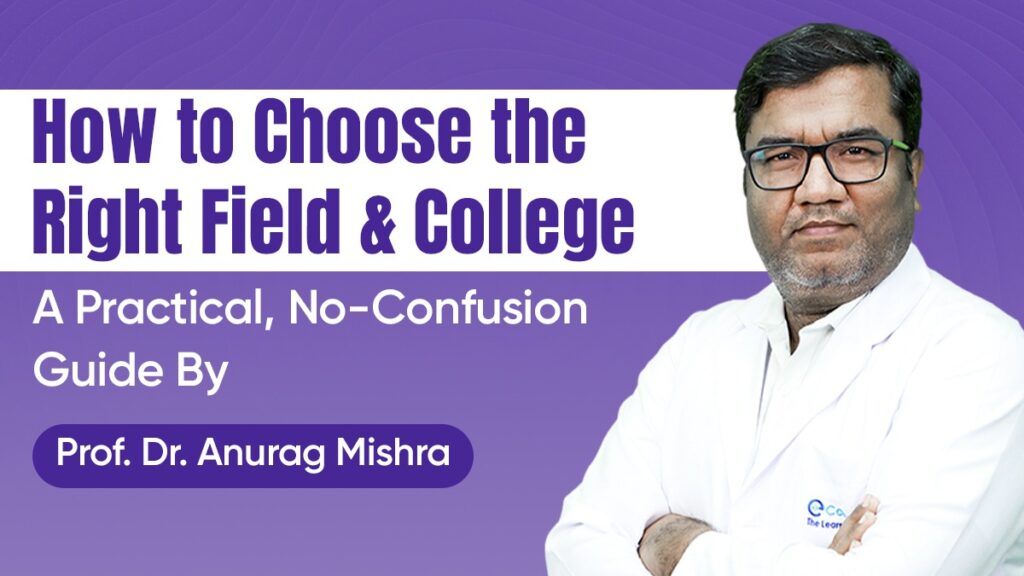
Choosing your postgraduate field and college is one of those decisions that stays with you for life. Yet, most students reach this stage feeling unsure, anxious, and pulled in different directions by advice from seniors, parents, friends, and social media. Some say, “Take the best college you’re getting.” Others insist, “Never compromise on your branch.” So what should you really do? […]
What is the PDCET Exam? Exam Date, Pattern and Why It Matters for Surgery Residents
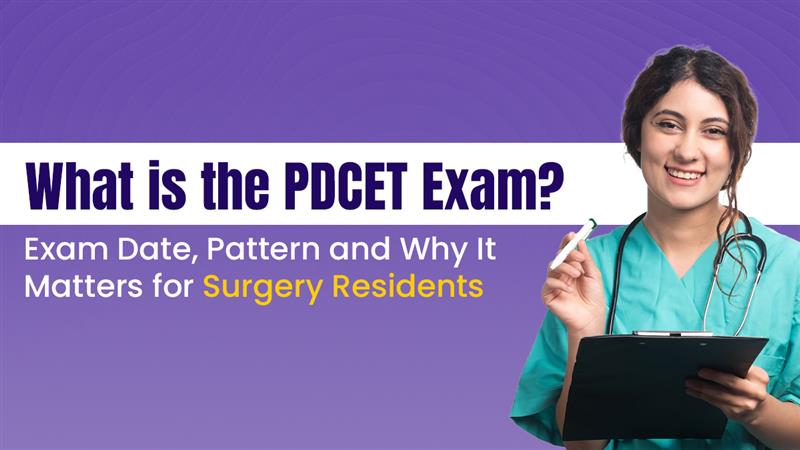
For diploma holders in Surgery, PDCET is not just another entrance exam. It is the exam that decides where you will train next, the kind of surgical exposure you will get, and the direction your career will take. After completing a post-diploma, most residents aim to enter DNB Surgery and continue higher surgical training. PDCET is the […]
How to Crack MS/DNB Short Cases: Inguinal Hernia Made Simple A Step-by-Step Guide by Prof. Dr. Pawanindra Lal

Short cases in MS and DNB exams can be intimidating, not because they are difficult, but because one small mistake can cost you precious marks. Among all short cases, inguinal hernia is one of the most commonly asked, and also one of the most scoring, if approached correctly. In this blog, Prof. Dr. Pawanindra Lal breaks down exactly how examiners expect you to examine, present, diagnose, […]
General Surgery After MBBS in India: A Branch That Teaches You Responsibility First
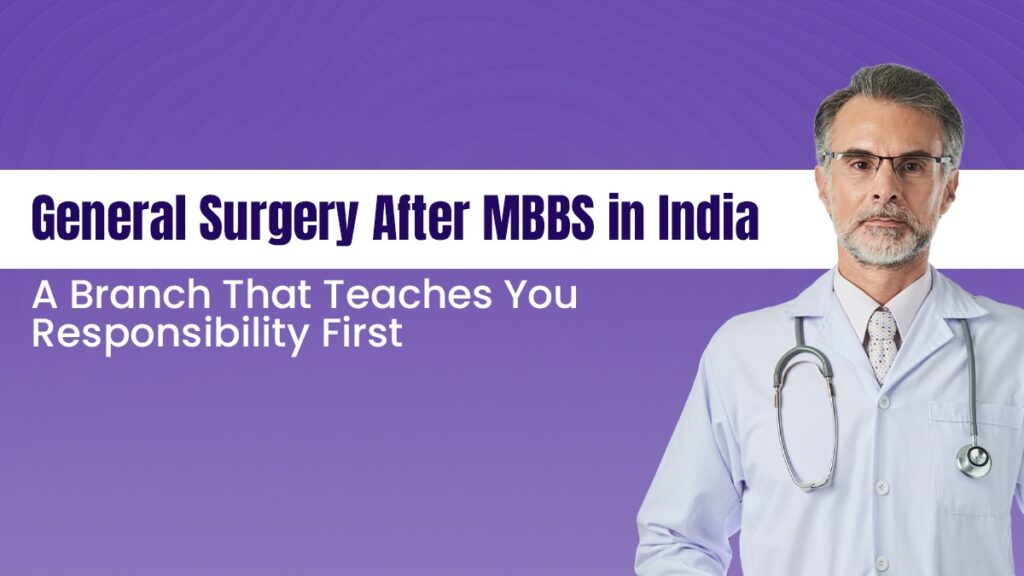
General Surgery is not a branch people choose because it sounds easy. Most who step into it already know what’s coming—long hours, demanding seniors, emergencies that don’t care about your schedule, and a learning curve that keeps rising. In the beginning, it can feel relentless. You assist more than you operate. You stand for hours. You go home tired, sometimes frustrated. But […]
Is Surgery the Right Branch for Your Residency? – An Honest, Real-World Guide By Dr. Amrit Nasta
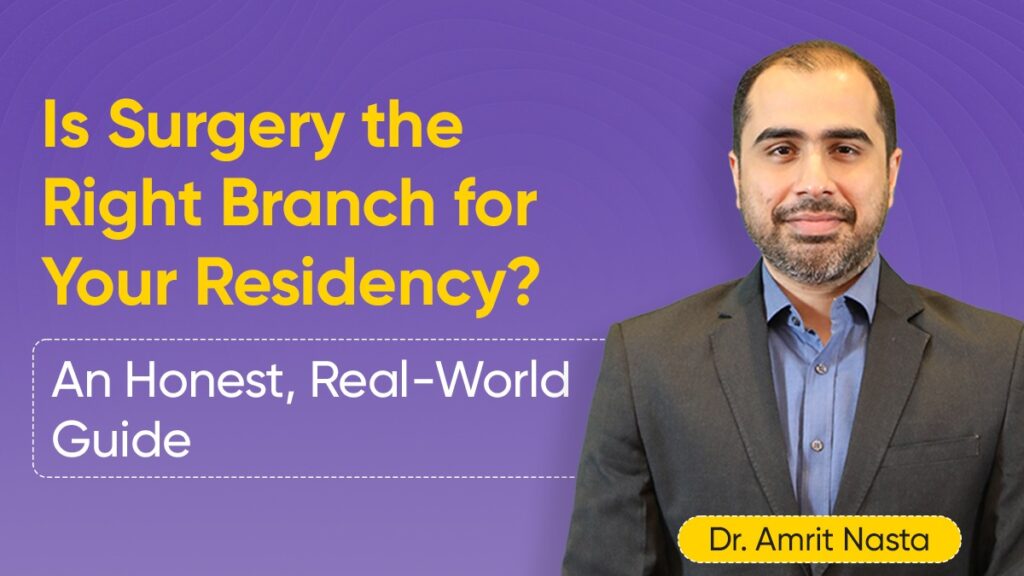
Choosing a postgraduate branch is one of the biggest and most stressful decisions of your medical journey. With counselling results out and multiple rounds still to come, many of you are stuck with the same question: 👉 Should I take Surgery… or should I not? Some of you may already have a surgery seat in hand […]
Mastering Ward-Round Notes the Right Way: Explained by Dr. Shailesh Gupta

Ward-round notes are much more than routine documentation—they reflect how well you understand your patient, how deeply you assess their condition, and how professionally you present your clinical work. In this blog, Dr. Shailesh Gupta, the originator of the Mastering Beginning Session: Page-by-Page Lecture Series on Conceptual Surgery, explains the most scientific and effective way to write ward-round […]
Understanding Pelvic Congestion Syndrome (PCS) and Venous Thrombosis: The Overlooked Causes of Pelvic Pain
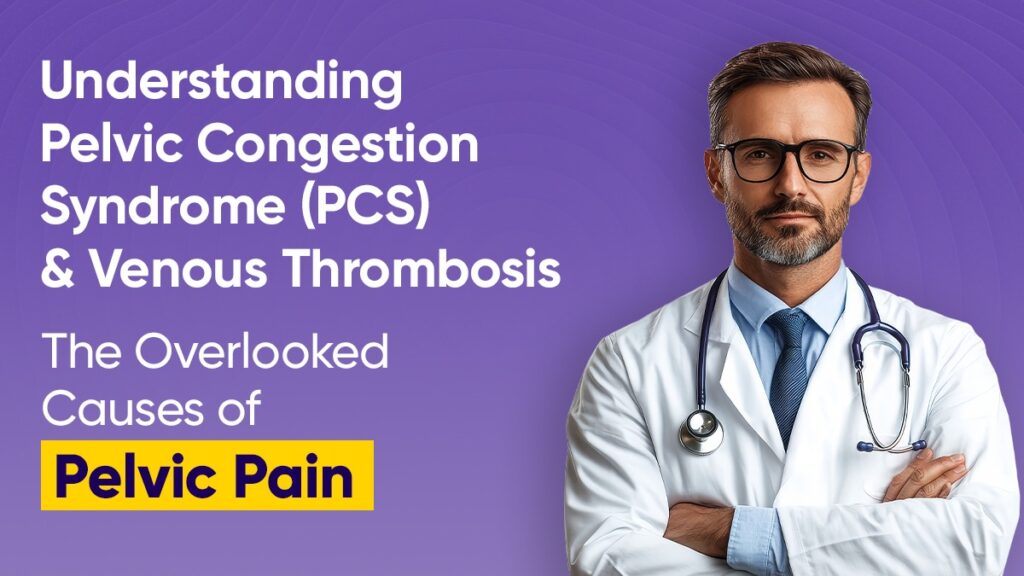
Chronic pelvic pain (CPP) is one of the most challenging and often underdiagnosed conditions among women. While many causes are considered, like endometriosis, fibroids, or infections, one crucial and frequently missed reason is Pelvic Congestion Syndrome (PCS). PCS arises due to ovarian and pelvic varicosities, leading to venous congestion within the pelvis. If not identified early, it can cause […]
DNB in Surgery: Complete Guide to Exam, Training, and Career Opportunities

You know what, there is one question which is frequently asked among young doctors is, ‘What is DNB in Surgery?’ Especially when we talk about postgraduate surgical training in India, This is one of the most respected postgraduate qualifications, Diplomate of National Board (DNB) in General Surgery, which is identical in recognition and value to an MS (Master […]
What is MRCS? Complete Guide for You

Are you a medical graduate or student who wants to pursue a career in surgery? You must have heard of the MRCS exam. Membership of the Royal Colleges of Surgeons (MRCS) is a key milestone for future surgeons, particularly those who desire to carry out surgery in the UK as well as other nations with recognition of UK qualifications. In […]
eConceptual Diwali Dhamaka – Saal Ka Sabse Bada Discount!

eConceptual Diwali Dhamaka – Saal Ka Sabse Bada Discount! Light Up Your Learning This Diwali Diwali is the festival of light, representing new beginnings, success, and triumph over darkness. What is a better time to illuminate your career than this? This festive season, eConceptual offers you the BIGGEST discount of the year to empower your […]
